Last Sunday on Channel 4, a man called Eric Nicoli proudly remembered ‘the bravest thing I’ve ever done’. In November 1975, Rowntree was poised to launch the Trek chocolate bar. The packaging was ready, along with an advertising campaign featuring, for some reason, potholers. But as the company’s new product manager, Eric couldn’t rid himself of the niggling feeling that Trek was boring. So — and this is the brave bit — he went to the boss and said that Rowntree should think again. ‘You better be bloody right, young man,’ the boss replied. And with that, Eric returned to the drawing board where he came up with the name Yorkie and an advertising campaign featuring, for some reason, lorry drivers. ‘The rest,’ he duly told us, ‘is history.’
This was The Secret World of Chocolate: a programme that owed much of its considerable entertainment value to a winning lack of perspective. As well as Eric, we met Sir Dominic Cadbury and Bill Ronald of Mars. All looked back on their historical rivalries like old soldiers — prepared, now the dust has settled, to give the enemy a degree of respect (although not too much) but still with the gleam of battle in their eye.
Yorkie, we learned, came about because of Cadbury’s fateful decision in the 1970s to cut costs by making Dairy Milk less chunky: something that clearly remains a matter of piercing regret to Sir Dominic. (Yorkie, he sniffed, was ‘an opportunistic product’.) Up till then, Dairy Milk had been the untouchable ‘Queen Mother’ of choccy bars. Now it faced a pincer assault, with Yorkie on one flank and, on the other, a sexed-up version of Mars’s Galaxy, which had the nerve to ask consumers ‘Why have cotton when you can have silk?’ — a jibe, as Bill noted with a mischievous chuckle and Sir Dominic with undiminished outrage, aimed squarely at the sainted Dairy Milk.
Even so, it was Rowntree that Sir Dominic believed was in most need of a stiff lesson and he trained his guns accordingly, in what the programme characteristically called ‘a winner-takes-all fight to the death’. For 50 years, Rowntree had had the bubbly-chocolate market to themselves, with the hugely popular Aero. Under Sir Dominic’s new lesson-teaching strategy, Cadbury’s own aerating boffins were put to work, a top-secret factory established and a crack sales team summoned to a hush-hush meeting at which Wispa was unveiled to wild cheers. Rowntree did its plucky best to fight back with an unashamedly Wispa-shaped Aero, but this proved too little too late. ‘It was,’ said Sir Dominic, ‘a perfect response to the Yorkie attack.’
The second half of the programme turned to boxes of chocolates, where the battles were no less fierce and the entertainment no less rich. It also confirmed the somehow reassuring message of the first: that the people behind the nation’s chocolate take their responsibilities very seriously indeed. Stealing the show here was Barry Colenso, the former Thorntons ‘master chocolatier’, who oversaw every handmade item in every box sold in the company’s own chain of shops. Until, that is, Thorntons began selling into supermarkets. For Barry, this was nothing short of ‘a dagger blow’. After all, ‘Can you imagine going into a supermarket and seeing a Gucci bag?’
Worse, Thorntons’ loss of the choccy high ground allowed Hotel Chocolat to take its place on the choccy high street. At which point, a man answering to the description of Barry Colenso was seen by several Hotel Chocolat employees bursting into their shops and squishing the truffles.
Science-fiction drama The Watch is a BBC production with quite a starry cast (Anna Chancellor and James Fleet among them) and an expensive-looking steam-punk set. It was broadcast in America earlier this year and has been on iPlayer for a few weeks. So why has it taken until now for it to appear on BBC2 — and in the traditionally quiet TV month of August? After seeing the first two episodes on Thursday, it wasn’t hard to form a hypothesis: because it’s terrible.
The show is loosely based on characters created by Terry Pratchett — which cunningly ensures that it’ll have a ready-made audience of Pratchett fans and, less cunningly, that they’ll hate it for the liberties it takes. But even for those of us who don’t know our Pratchett so well, The Watch is an obvious mess: clumsy in its storytelling and tonally all over the place, with an uneasy mix of solemnity and mostly feeble jokes. Above all, Richard Dormer’s central performance is an eye-popping, eyebrow-wiggling, head-swivelling, neck-stretching display of hamminess rarely seen on screen since the days of James Finlayson in Laurel and Hardy. (One for the teenagers, as they say; which apparently was a phrase first used — in another one for the teenagers — by Tony Hancock.)
Got something to add? Join the discussion and comment below.
Get 10 issues for just $10
Subscribe to The Spectator Australia today for the next 10 magazine issues, plus full online access, for just $10.
You might disagree with half of it, but you’ll enjoy reading all of it. Try your first month for free, then just $2 a week for the remainder of your first year.

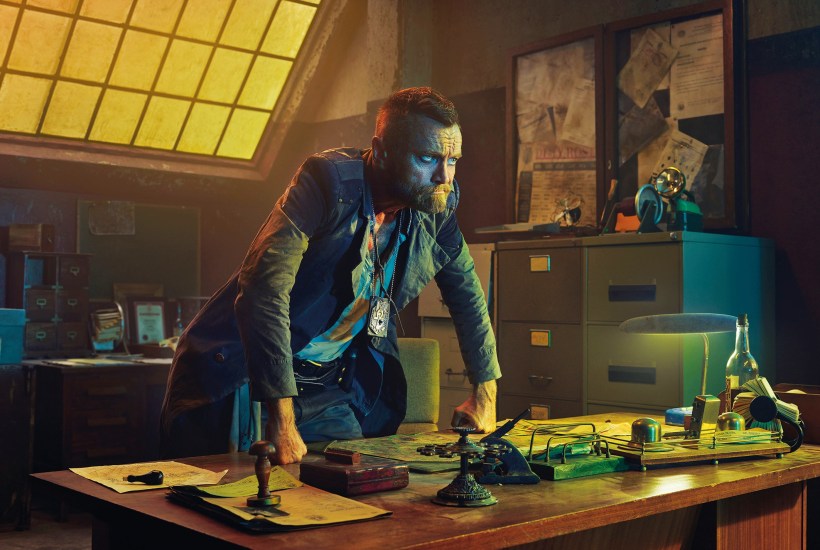
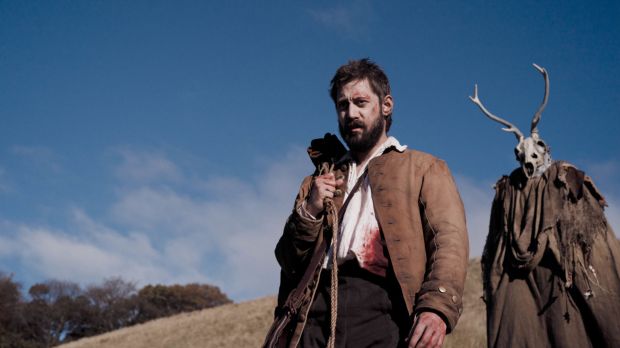
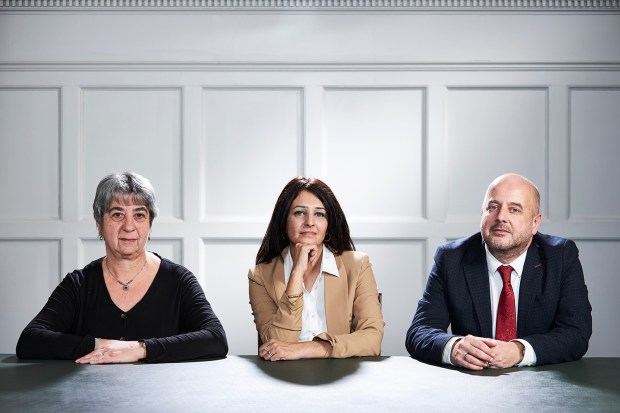

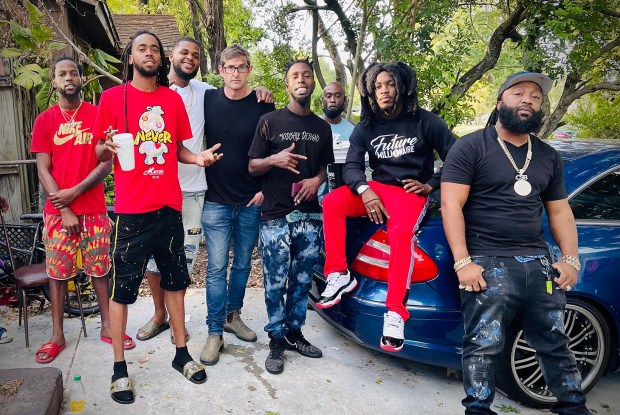

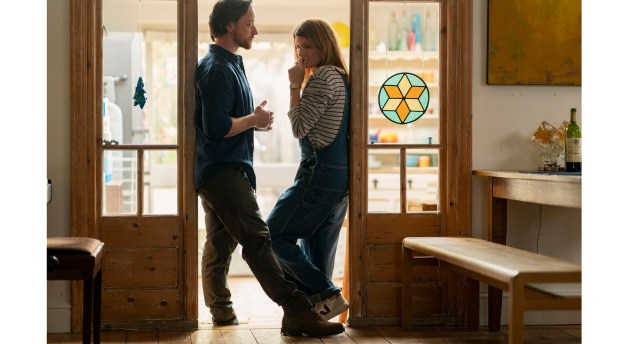






Comments
Don't miss out
Join the conversation with other Spectator Australia readers. Subscribe to leave a comment.
SUBSCRIBEAlready a subscriber? Log in